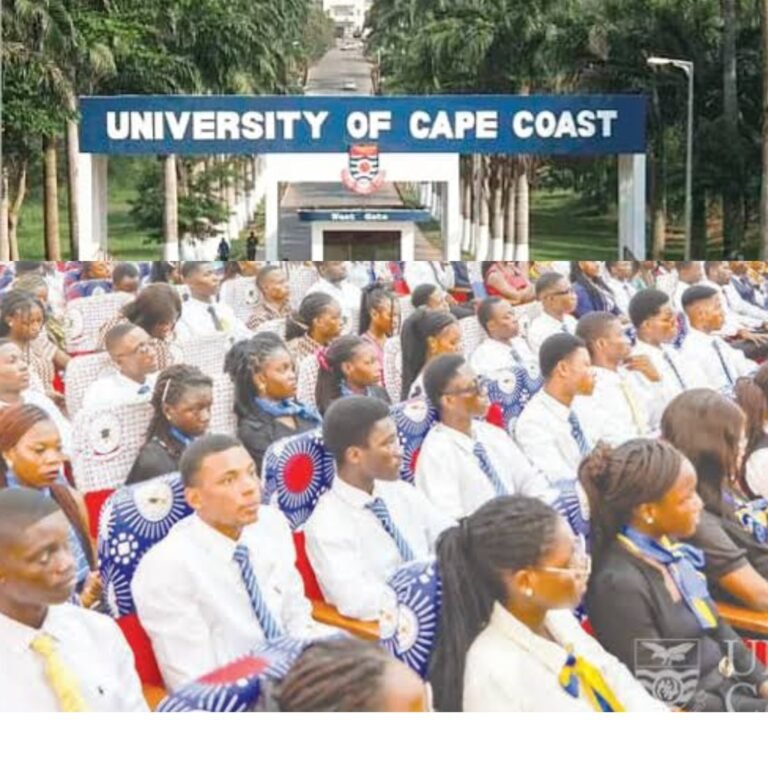
Around this time of the year in Ghana and throughout the sub-region, it is natural to find streams, rivulets, ponds and other water bodies drying up. That poses productivity challenges for most agricultural workers in our informal economy in the Middle Belt, Savannah and the Sahel, with food prices tending to move up.
When this happens, not only are human lives affected, as women and children comb community to community in search of potable water for domestic use and for supporting economic activity, but we also have challenges keeping and multiplying our livestock because of diminishing grazing points.
In extreme cases, we have witnessed fight between herders and crop producers over space to access supply from the limited sources for economic activity. The situation may also ignite bushfires, and undermine our food security agenda.
Particularly for those in the northern regions who do not have access to dams and irrigation systems, life can therefore be very agonising.
Proactive interventions
While we have been proactive in adding a few dams here and there, especially in the northern regions, maintenance has been a challenge even for the larger, traditional ones like the Tono, Vea and Pwalugu in the Upper East which support thousands of producers.
Thankfully, around the same time, we receive ‘small mercies’ from streams upwards from Burkina Faso, which helps feed these dams to sustain crop and livestock farming, with modest economic benefits to crop producers and herders.
Vegetable farming this year, for instance, has been good for producers as well as those engaged in livestock production. Under the government’s several initiatives in agriculture, productivity has been vibrant in both crop and livestock across the country.
The days when farmers could commit suicide because they couldn’t pay up loans owed state banks are gone.
Waste management
As we launched the novel waste management project at Kumasi last weekend, the effort to ensure improved sanitation was taken to a higher level where garbage can be turned into several economic commodities to support job creation, agriculture, industry and housing.
Gradually, we are creating more jobs for the youth, including metal and plastic collectors, who have joined our league of entrepreneurs in urban areas to provide raw materials to support some of these waste management initiatives.
Rottweilers
Unfortunately, in most communities across the country, we still have the embarrassing picture of the male species unzipping and urinating everywhere. We also still have female species in our markets looking you in the eyes, while they do it into plastic containers. This is in spite of efforts that have been put in place by the assemblies to improve sanitation and amenities on markets.
We also have pockets of other uncivilised persons who recklessly dump garbage into the same basins that help us store water to support the greenery in our communities. This usually results in the browning of the community and inability of our water supply points to produce water for both domestic and industrial use.
It is therefore the opinion of the Daily Statesman that as we put in place such industrial masterpieces that create jobs and make money from garbage, we must also manage our environment to sustain our renewable water resources.
That is imperative to enable us improve lives and livelihoods by preventing diseases arising out of poor sanitation management, and sustaining greenery in communities across the country by protecting water bodies – large and small.







